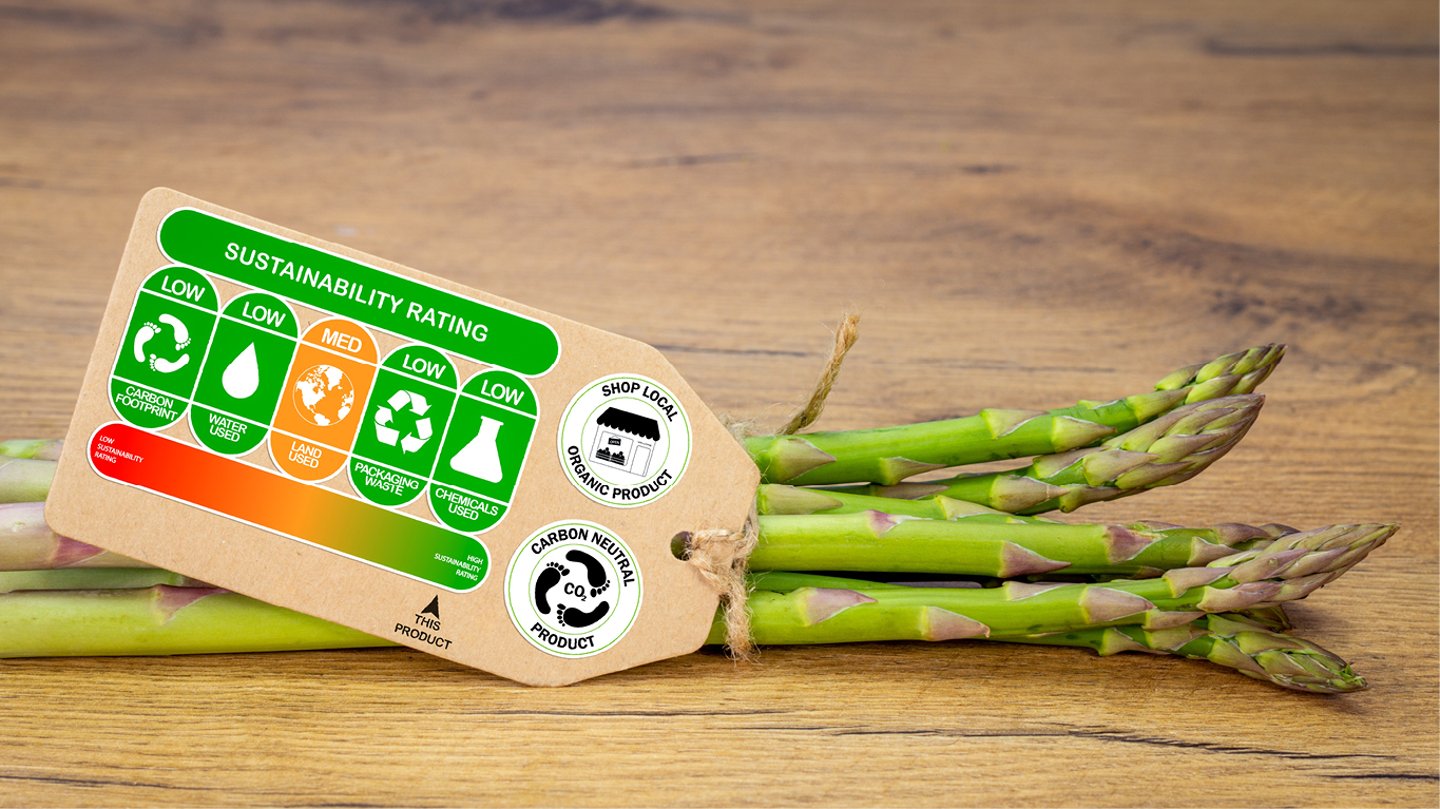The challenge of green claims
Despite all the talk, brands have largely failed to earn the trust of consumers on sustainability claims made about their products. That is a key finding from a new report from Deloitte Canada, which surveyed both shoppers and consumer-based business leaders nationwide.
In its Creating Value for Sustainable Products report, Deloitte found the majority of Canadians (57%) don’t believe most green or sustainable claims that brands make. Of this group, the survey found nearly half (49%) are skeptical about the authenticity of the claims, while about one-in-four (23%) are frustrated by how hard it is to separate authentic claims from those made to sell products.
Authentic claims are particularly important in the grocery sector. Deloitte’s research found nearly two-thirds (65%) of Canadians said sustainability claims were a factor in buying grocery items, followed by personal care items (56%) – also a key category for most grocers – apparel (53%) and home care items (51%).
READ: Messaging around sustainability efforts key to winning over skeptical consumers
Yet, Deloitte’s report found businesses do not seem to grasp the extent of the problem. In fact, more than 70% of business leaders think the public has a “significant” or “moderate” level of trust in the authenticity of green claims.
A good number of leaders also seem unconcerned about how their sustainable products might be perceived in the marketplace, with only 41% feeling at risk of greenwashing accusations if they pursue sustainability goals.
“That was one of the report’s big, big surprises for us,” says Joe Solly, partner, risk advisory and national consumer leader for sustainability and climate change at Deloitte Canada. “We didn’t expect to see that much of a disconnect between the trust business leaders think they have with consumers on their sustainability claims and the trust consumers actually have in the claims.”
READ: Canadians concerned about impact of climate change on food production: Survey
Solly says a problem lies with manufacturers bringing sustainable claims to a product without making sustainability a strategic part of their entire value chain
“They’re slapping a sustainability claim on a product that may be true in isolation, but perhaps isn’t robust or super meaningful because they know there hasn’t been much regulatory action on sustainability and won’t be taken to task,” says Solly.
However, he warns that “these companies are operating under a false sense of security. Women and youth have a higher interest in sustainability, and expectations will continue to rise for these claims to be well-supported. Next year, I think we’re going to be hearing a lot more on greenwashing and going to see more lawsuits and regulatory action.”
READ: Six sustainability tips for retailers
More rigorous regulation has already been ramping up. Proposed earlier this year, the European Commission’s Green Claims Directive would ban seemingly climate-friendly phrases such as “carbon neutral,” “net zero” and “eco-friendly” in advertising, social media or packaging – including food and beverage – across the European Union unless substantiated and verified. Penalties for non-compliance could include confiscation of the offending product as well as seizure of any revenues derived from its sale.
Solly says opportunity continues to be ripe for brands and grocers to make thoughtful investments in sustainability. He notes, for instance, 62% of Canadians show a willingness to pay a price premium of 20% or more for products, wanting brands to make their products sustainable by default and/or having clearer sustainability information.
“There is a lot of money to be made on growing a business with sustainable products, not only because shoppers will pay more, but because of the trust the brand will earn from consumers,” explains Solly. “Those brands are going to differentiate themselves and win in the marketplace.”
The Deloitte report was generated from a survey conducted in April 2023 of 311 Canadian consumer business leaders and an online survey of 1,008 respondents, which was a nationally representative sample of Canadian consumers aged 18 and above.
This article first appeared in Canadian Grocer’s August 2023 issue.



